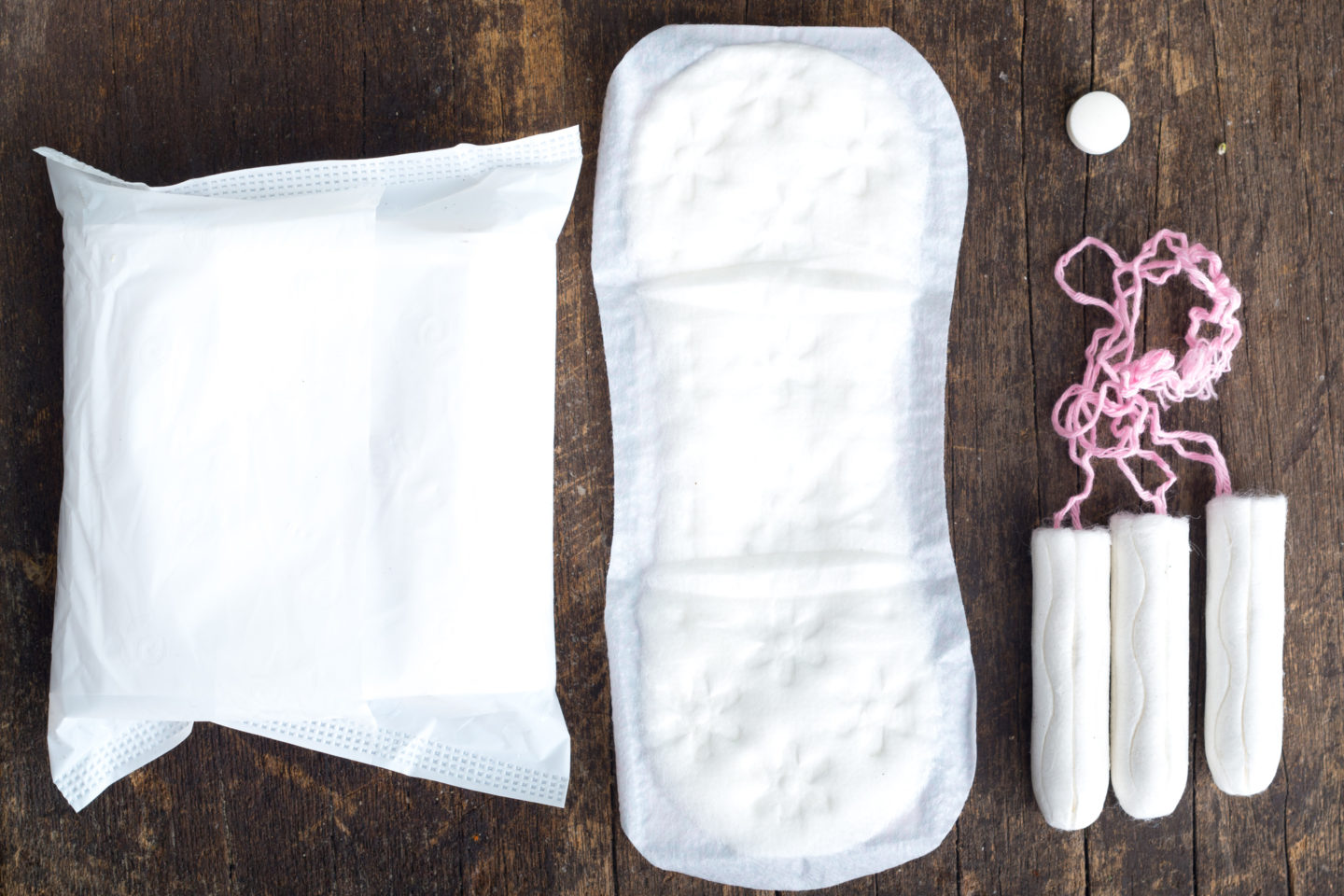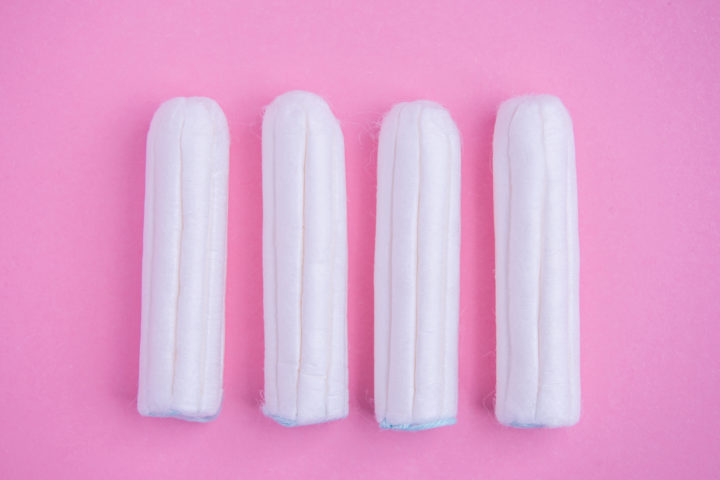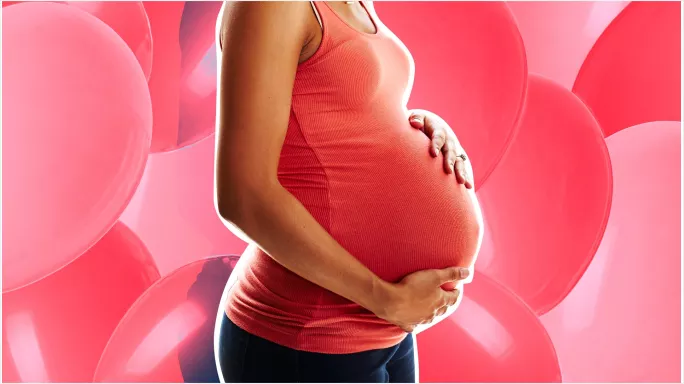As of late, consumers have witnessed and participated in the nationwide debate regarding the “pink tax.”
The “pink tax” refers to the price incongruity that comes with purchasing female-branded products that are essentially identical to their male product counterparts. To put it simply, women are forced to cover the extra cost that comes with buying period-related products.
At Walgreens, tampons cost an average of $7 per box and considering that women have to change their tampons multiple times throughout the day for several days each month, that cost can have a real financial impact. On average, a woman will spend nearly $18,000 on period related items — pads, tampons and pain medications — over the course of her lifetime. For women in low-income families, in homeless shelters or in prison, it is a struggle to afford and to gain access to much-needed feminine hygiene products. Because these resources are so scarce, menstruation, an already uncomfortable time for most women, becomes both a health and sanitation risk.
“No student, homeless individual or inmate should have to jump through hoops, face illness or feel humiliated because they cannot access pads or tampons,” said NYC council member Ferreras-Copeland, in a news release earlier this year. “These items are as essential as toilet paper, helping us prevent health risks and fulfill our daily activities uninterrupted.”
Ferreras-Copeland proposed a new set of bills for New York City in early 2016 that called for all public schools, homeless shelters and jails to provide menstrual hygiene products at no cost to the women and girls receiving them. The proposal expanded upon a recent initiative led by Ferreras-Copeland that brought free pad and tampon dispensers to 25 schools in Queens and the Bronx. As of July 13th, 2016, Mayor Bill de Blasio officially signed Ferreras-Copeland’s proposed legislation into law, bringing feminine hygiene products to all of New York City’s elementary, middle and high schools as well as local homeless shelters and prisons. While jails had already provided free menstrual supplies to inmates, advocates had stated that the supplies were inadequate. Under the new law, jails will be required to offer feminine hygiene products to inmates immediately upon request.
According to Mayor de Blasio, “Students should be able to concentrate on their studies, New Yorkers in shelters should be able to focus on rebuilding their lives, and women in our Correction Department should be able to work toward rehabilitation and release without the indignity of inadequate access to tampons and pads.” It is expected that the next victory for menstrual rights in New York will come later this year at the state level. In May, the state legislature approved a bill to remove all taxes on menstrual products and Governor Cuomo is expected to sign the bill into law later this year.
The nation as a whole has already experienced some small menstrual rights victories. Maryland, Massachusetts, Pennsylvania, Minnesota and New Jersey are the five states in the country who have made the decision not to tax tampons. Unfortunately, the rest of the states either didn’t have sales tax to begin with or don’t consider tampons “a necessity.”
For now, at least New York state is putting its best foot forward in the fight to remove the taboo of periods and feminine hygiene products. “The ideal would be removing menstrual products from the list of things women feel embarrassed about,” said Ferreras-Copeland to the Huffington Post. “Menstruation should not be a reoccurring social nightmare.”
Image courtesy of Getty Images.




comments